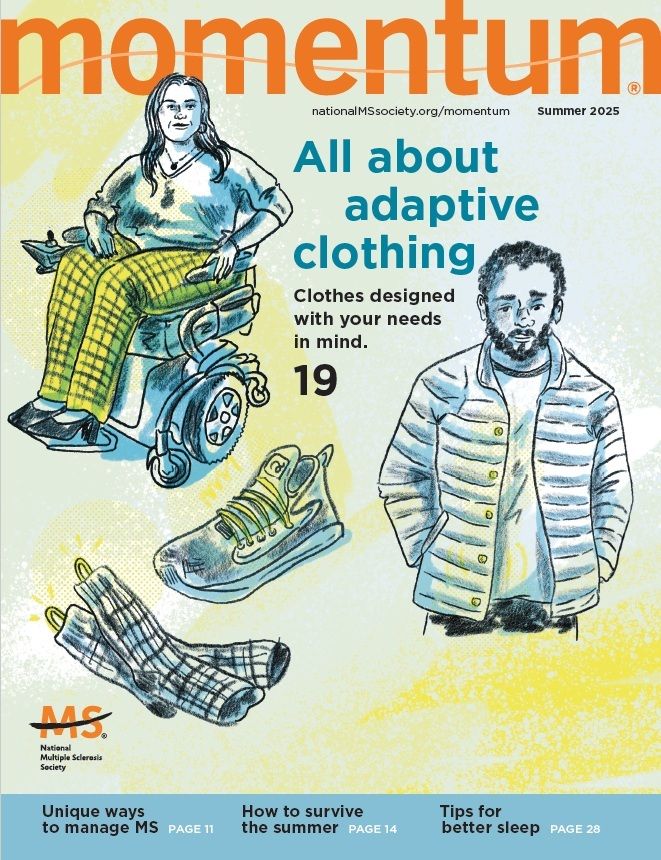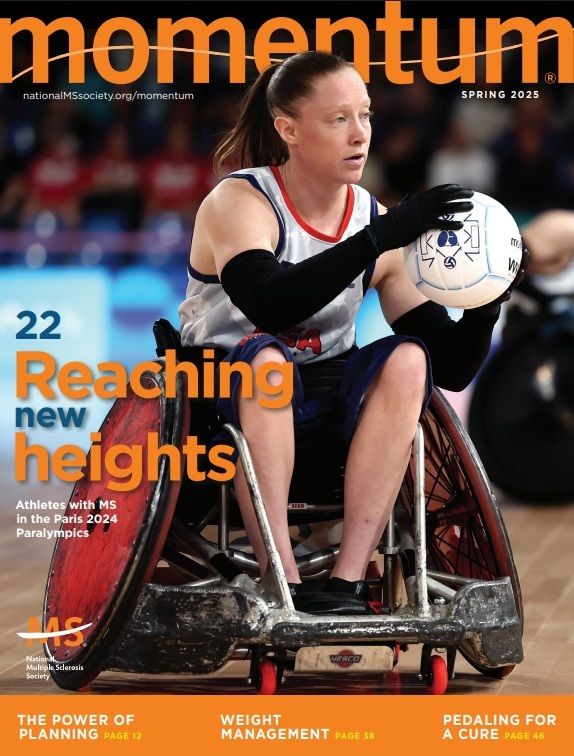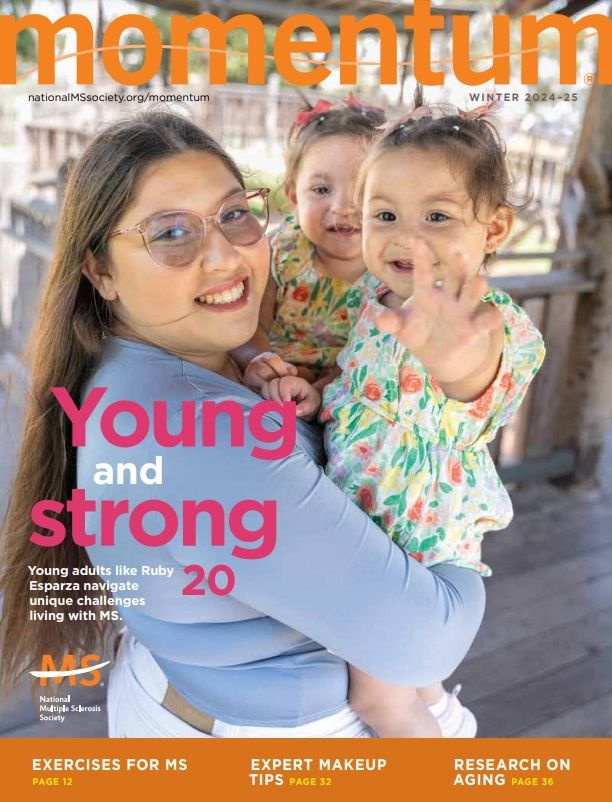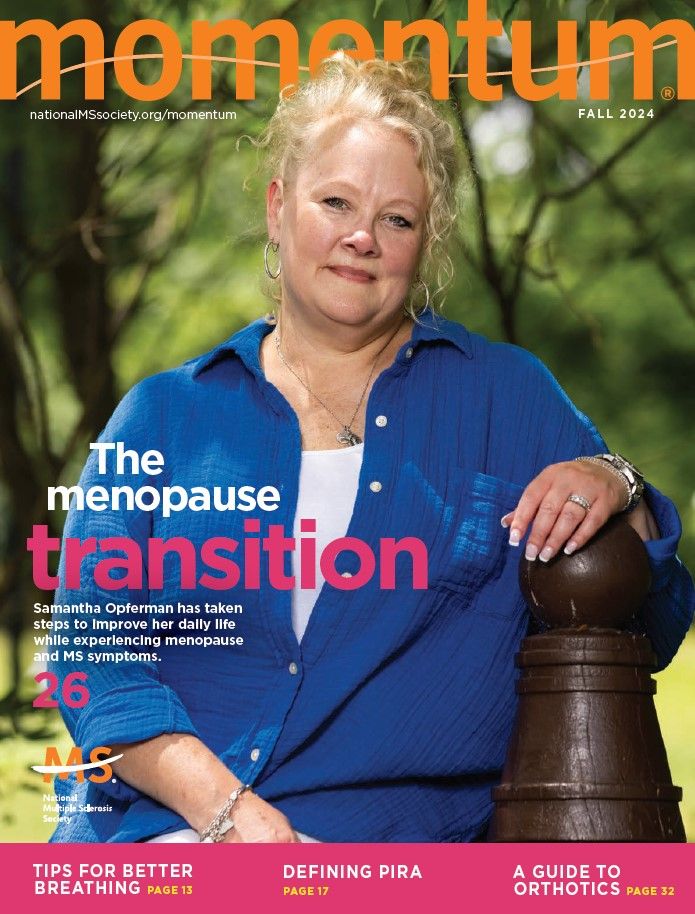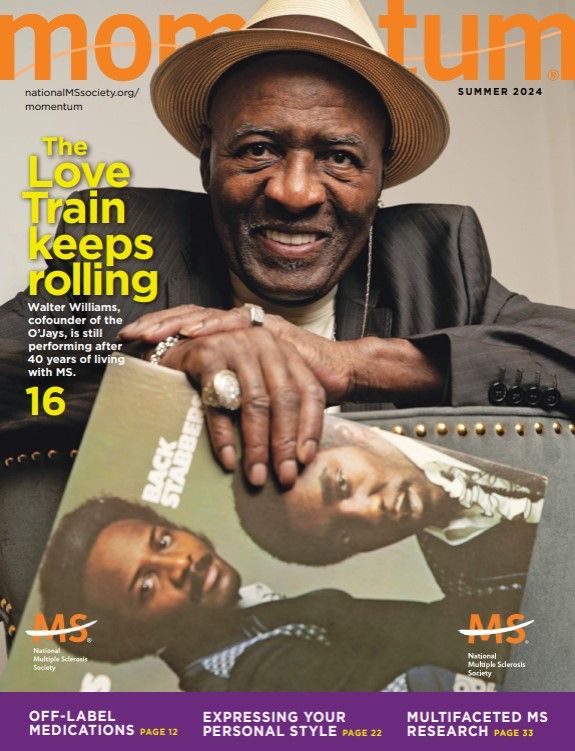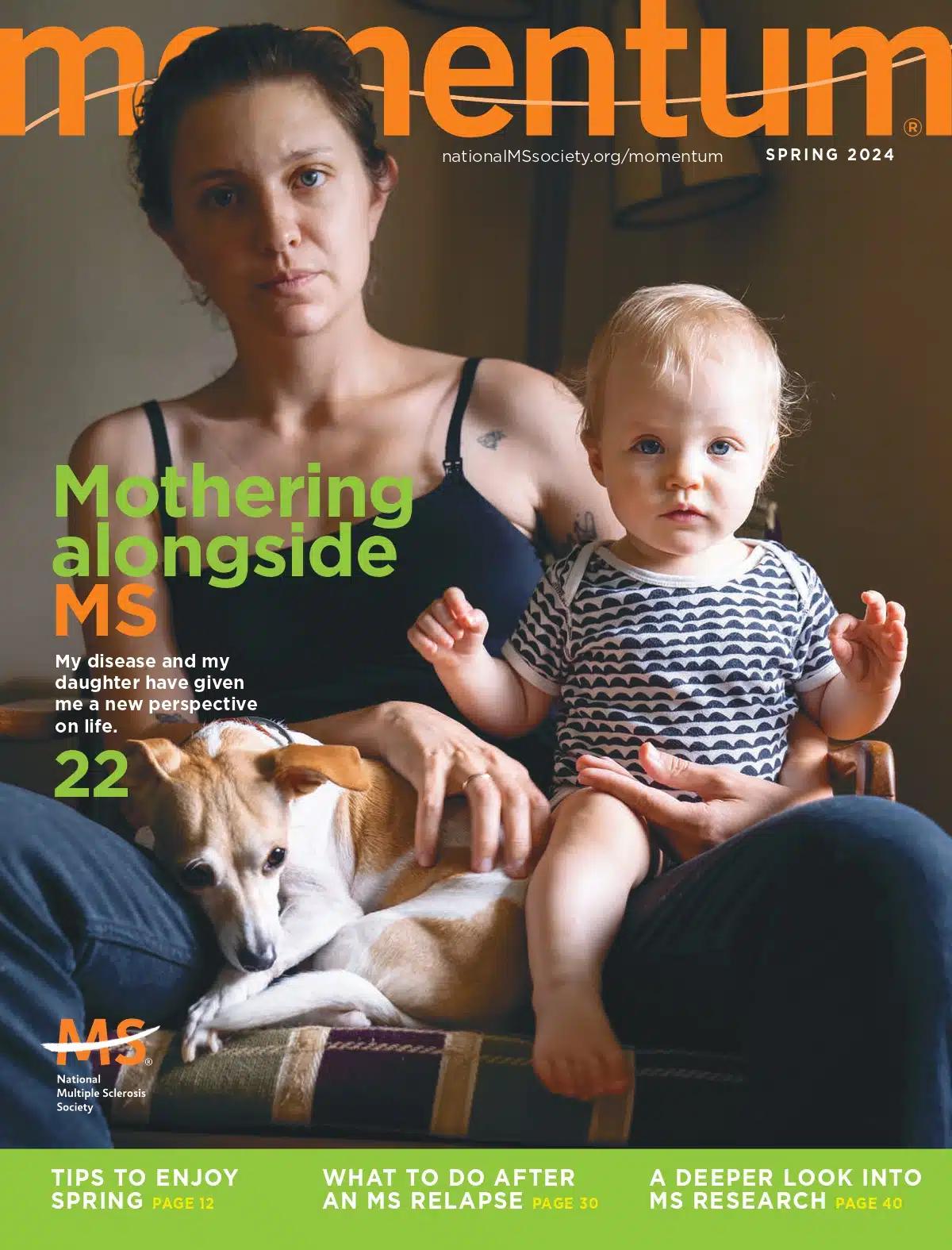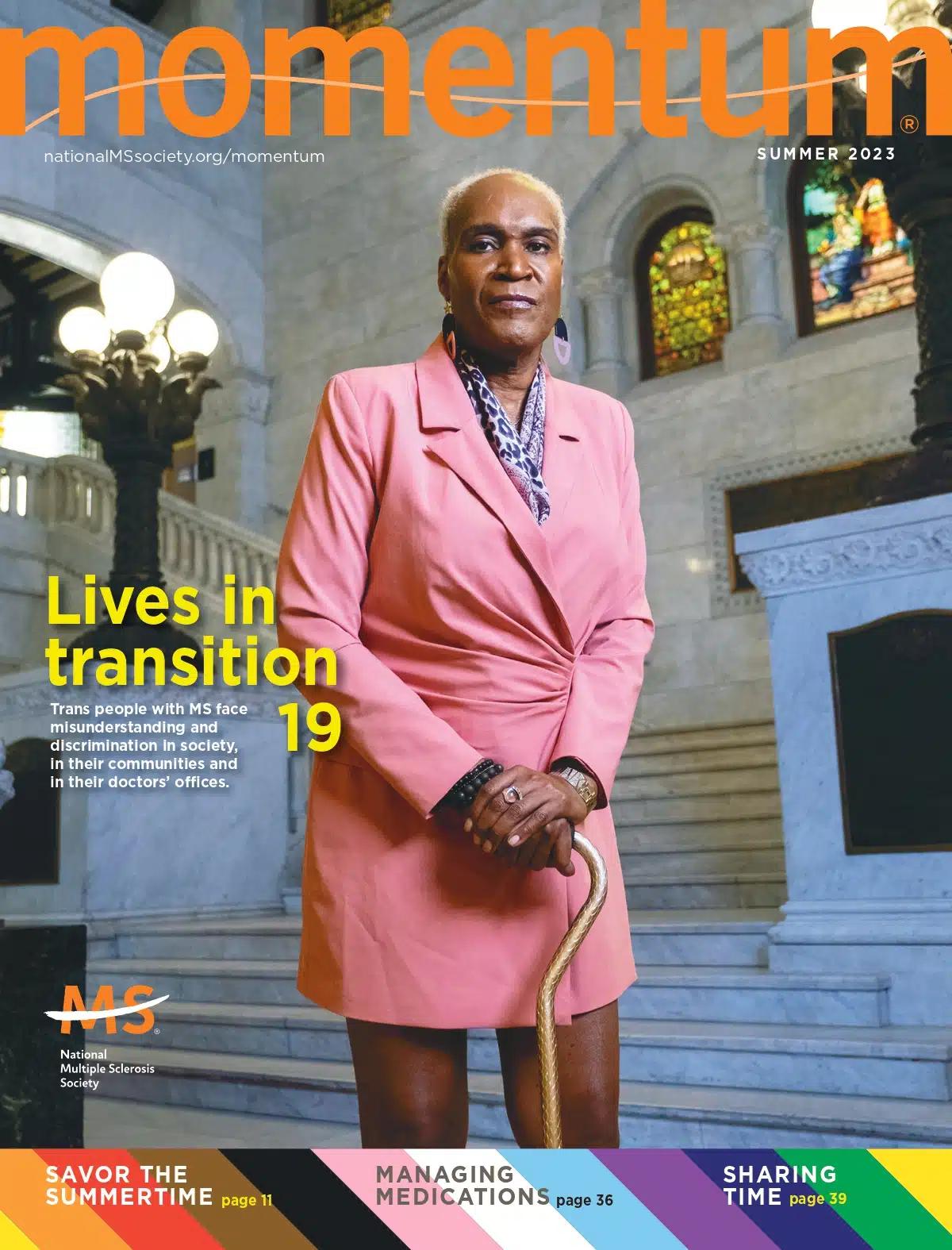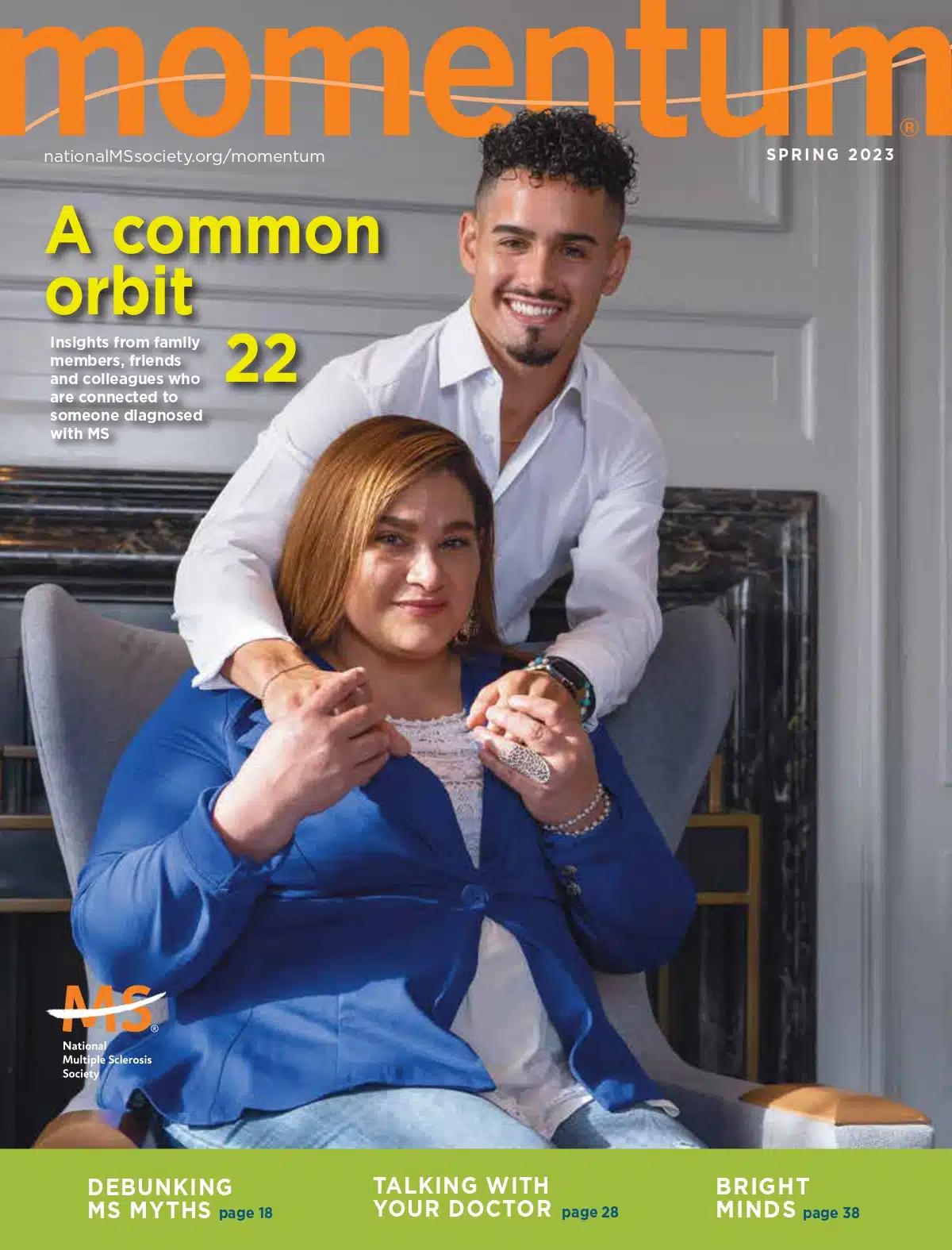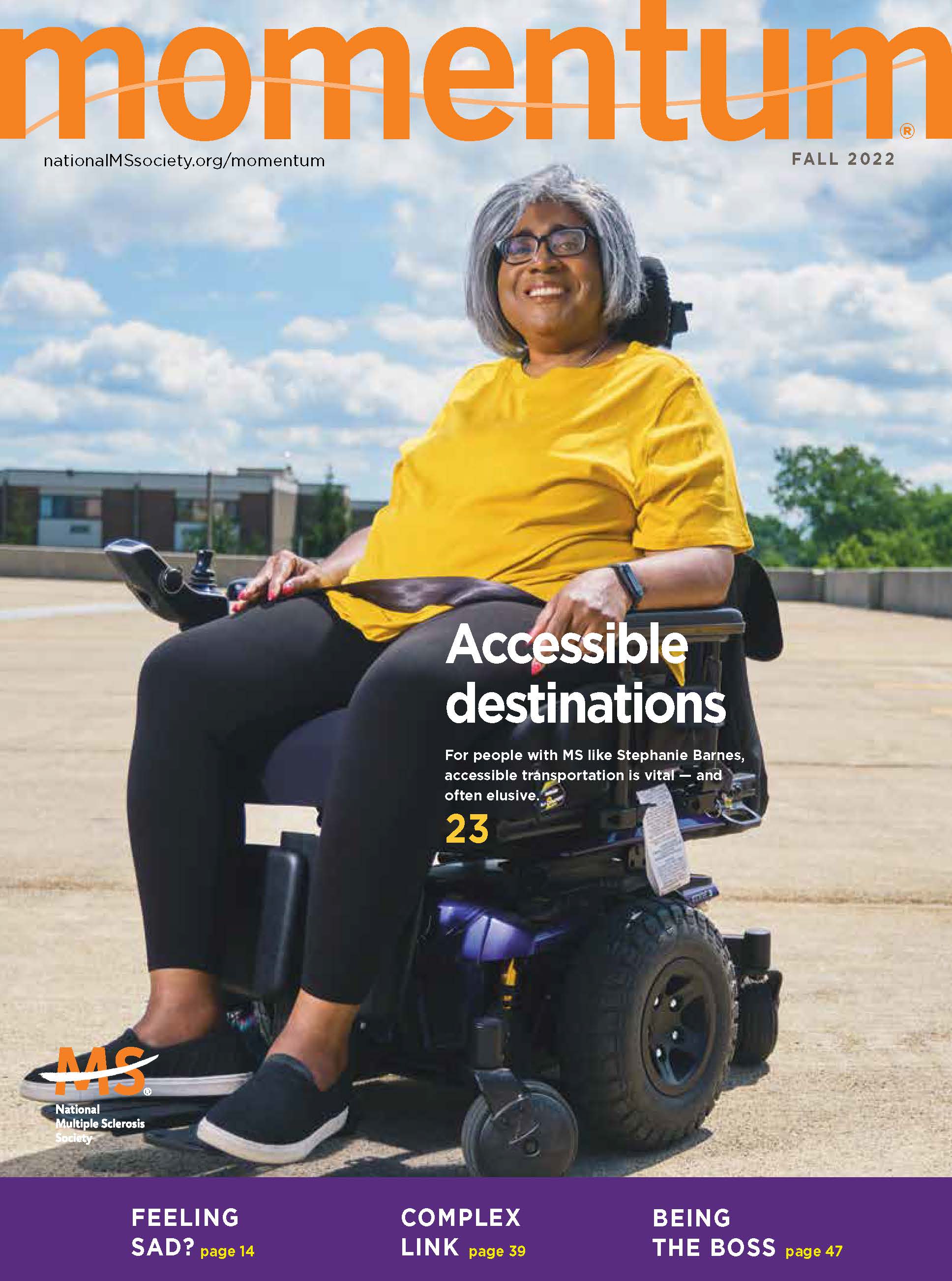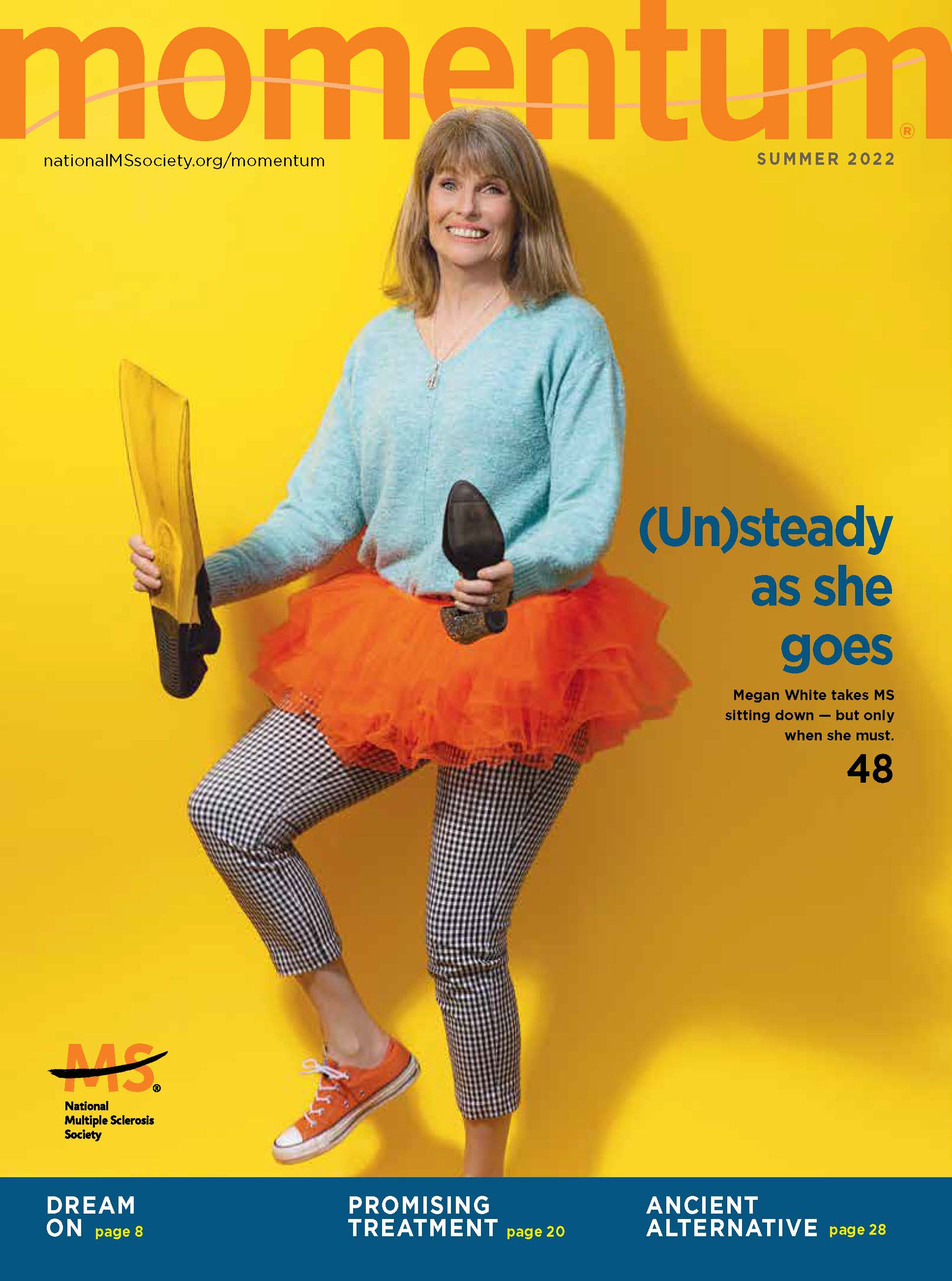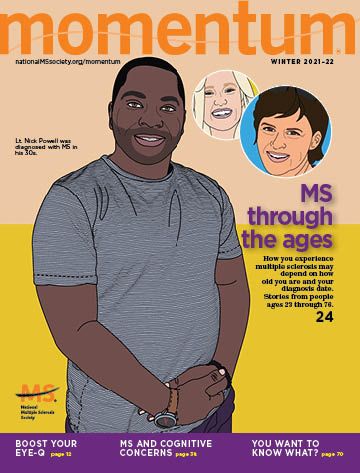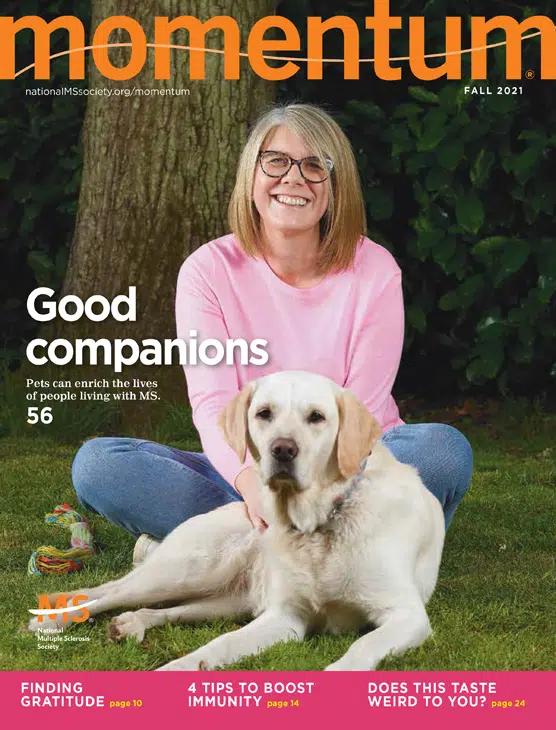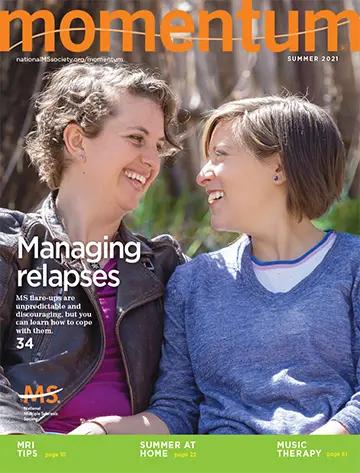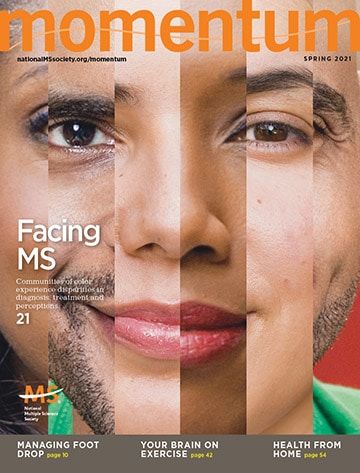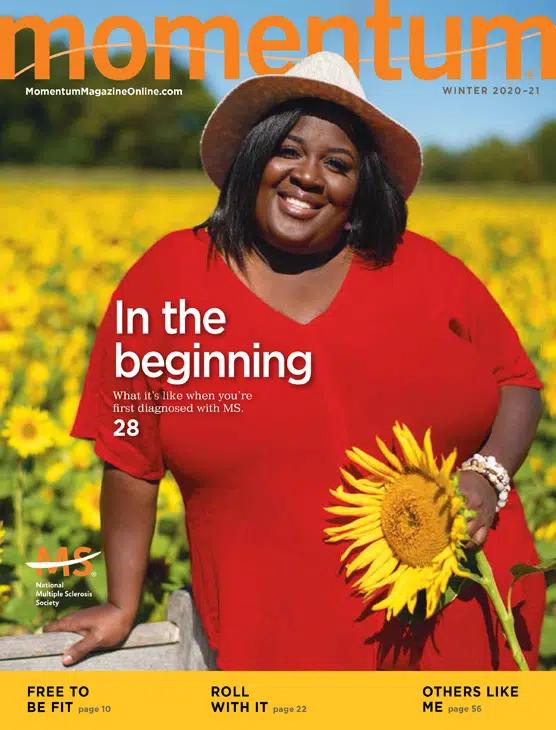This Facebook Group Supports Women of Color with Multiple Sclerosis
Women of color with MS support group focuses on unique connections.
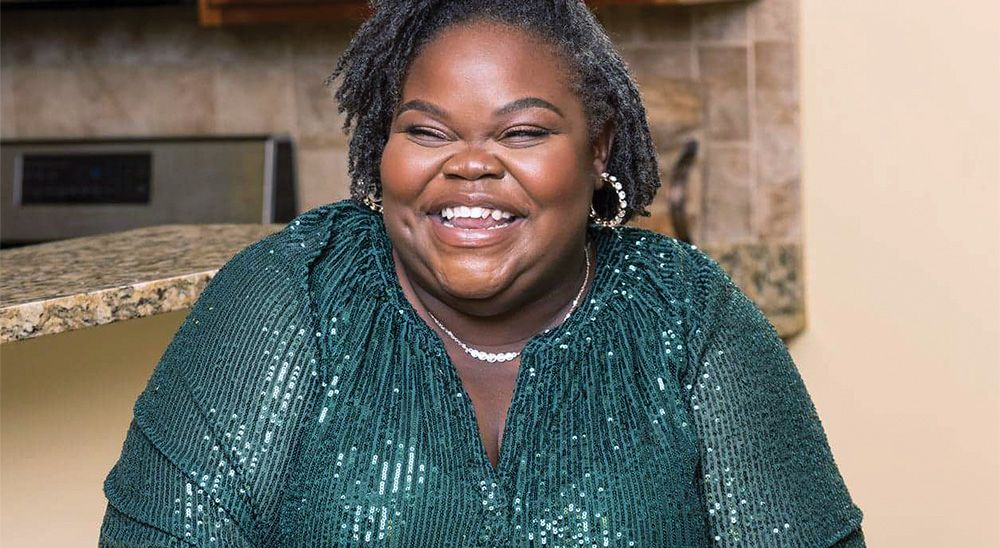
A Sense of Community From the Start
Addressing Specific Issues
Capers encourages the group’s members to practice being proactive when it comes to having the disease. “MS is not your fault, but not giving yourself whatever you need to cope with its effects is solely your responsibility,” she says. “We are our best advocates. No shame, sis.”Capers says women of color should adopt the concept of radical acceptance. This means instead of struggling against the reality of a situation, you simply accept it without trying to control it. This strategy can help limit stress and pain. “It’s so simple, yet it’s tricky to grasp and practice — it still is for me sometimes,” Capers says. “What radical acceptance says is, ‘It is what it is.’ There’s no refuting the situation. Those of us with MS constantly rotate through a cycle of grief. This is very tough, but we must accept where we are so we can seek out and receive the assistance we need.”It’s vital that women of color not do this work completely alone, however. That’s why it’s so important for them to have a group to talk through issues, according to Capers. “You must get and stay connected with a support network, both virtually and in-person,” she stresses. “Be honest and open about how you’re feeling, and do not deny yourself help. It’s so important to express yourself, because if you don’t, issues snowball, and you end up overwhelmed. You then either shut down or blow up, and neither is healthy. We want to remain as balanced and at peace as possible with a disease such as MS.”
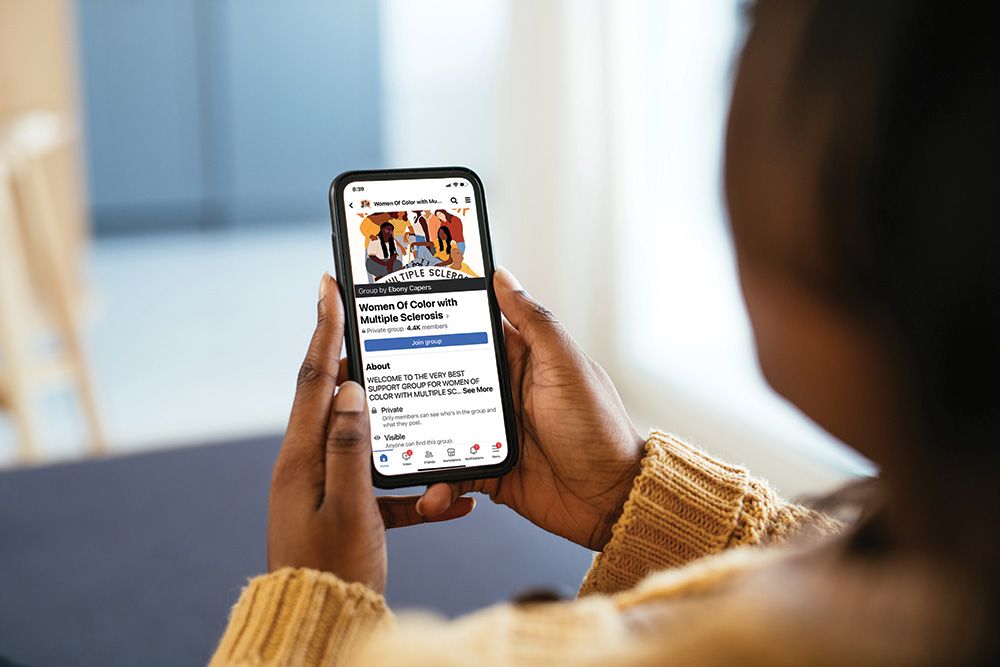
Growing and Changing
Capers is proud of how the Facebook group has changed and evolved over the years. “We have grown in both numbers and with our missions,” she explains. Having fun is a clear, and essential, priority.“I like to focus on the social well-being of the ladies in my group,” Capers stresses. “I saw a need for more social events and activities, so we do a lot of trips and outings.” At the time of this writing, for example, Capers planned a “Girls’ Trip” for early 2025.“Members tell me that the group is a lifesaver,” she says. “An MS diagnosis can be so scary, but these women can see other women in the group doing well with their diagnosis. Some women have told me they only keep their Facebook accounts to be in the group.”Capers’ “sisters” join the group for several important reasons. “I’ve heard from women of color in our group that they no longer feel so alone on their journey — there are more women who understand and relate to them,” Capers notes. “There’s always someone in the group who is available to give a shoulder of support. The group has served as a safe space for sisters, including myself, to vent and say what’s really on their minds when it comes to MS. Many sisters have gained reliable and reputable insight from the firsthand experiences of other members. Sisters also can see other women of color with MS who mirror themselves, affirming their feelings and experiences.”With an eye toward the future, Capers is working on establishing a nonprofit to help women of color who have MS and experience homelessness.Capers encourages all women of color with MS to stay proactive and positive. “For fellow warriors, with the right combination of tools — support groups, therapy, asking for help as often as you need, and staying active in your community — you can handle this,” she sums up. “Do your best. It will always be enough. “And share your experience! You never know who you may help.”







